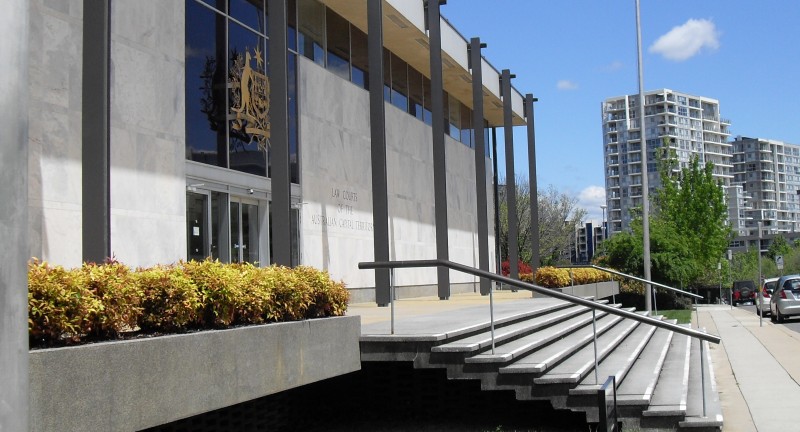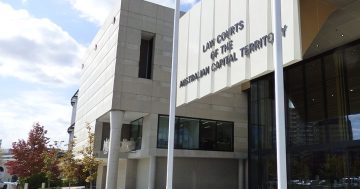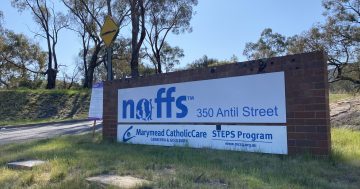
The ACT Supreme Court will able to give an offender a Drug and Alcohol Treatment Order instead of prison time. Photo: File.
The ACT’s first Drug and Alcohol Court (DAC) commenced hearings this week, bringing the Territory in line with other Australian states in addressing dependency issues with treatment orders instead of prison.
The new DAC will allow the Supreme Court to assess offenders who have been referred to the Drug and Alcohol Sentencing List to see if they are able to be given a Drug and Alcohol Treatment Order.
Under these orders, offenders will be able to spend time in rehabilitation rather than prison, with ACT Attorney-General Gordon Ramsay saying the program has proven to help those with drug dependency issues.
“The benefits of the Drug and Alcohol Court have a broader positive impact on government and government-funded services, as well as on the wider community, particularly through reductions in crime and antisocial behaviour,” Mr Ramsay said.
“There is strong evidence to support the positive, effective and holistic treatment outcomes achieved by Drug and Alcohol Courts in other jurisdictions both nationally and internationally.”
NSW established its DAC in 1999 and has operated a Youth DAC since 2000. The Bureau of Crime and Statistics re-evaluated the program in 2008 and found that those who were accepted into the program were 30 per cent less likely to be reconvicted for a violent offence and almost 40 per cent less likely to be reconvicted for a drug offence at any point during the follow-up period (which averaged 35 months).
ACT Minister for Health Rachel Stephen-Smith says the DAC will help reduce the harm caused by substance abuse.
“The ACT Government has been a leader in taking a harm minimisation approach to illicit drug use,” said Ms Stephen-Smith.
“The establishment of the Territory’s first Drug and Alcohol Court is another example of our strong commitment to a holistic approach to drug use and the harm it causes at an individual and community level, as outlined in the ACT Drug Strategy Plan 2018-2021.
“This process will help to ensure that crime caused by addiction is also viewed as a health issue, connecting people with the right health supports and services needed to recover from addiction.”
Deputy CEO of Legal Aid ACT Jane Campbell has welcomed the announcement, saying it will help play a vital role in successfully providing support to participants to help them become drug and crime-free.
“This sentencing option provides a real mechanism by which the Court and the offender can address the criminogenic needs of the offender; namely, drug dependency,” Ms Campbell said.
“The multi-disciplinary approach, where both health and corrections play an integral part in the treatment phase, recognises that an effective response to crime must address a variety of contributory factors.”
Similar courts across Australia use a multi-disciplinary approach to provide a mixture of support programs that can help an offender get their life back on track by addressing the issues that lead them down a path of drugs and crime.
Programs and treatments can include:
- Withdrawal management
- Pharmacological treatments
- Relapse prevention
- Group or individual therapy
- Assistance restoring relationships
- Support finding and maintaining employment, and
- Referrals to obtain income support.
However, Mr Ramsay says offenders will have to complete the full program to avoid jail time.
“If participants do not follow the treatment plan, or want to stop treatment early, they will be required to complete the rest of their sentence in prison,” he says.
Acting Justice Lorraine Walker has been appointed to oversee the establishment and operation of the DAC for a period of 12 months.





















